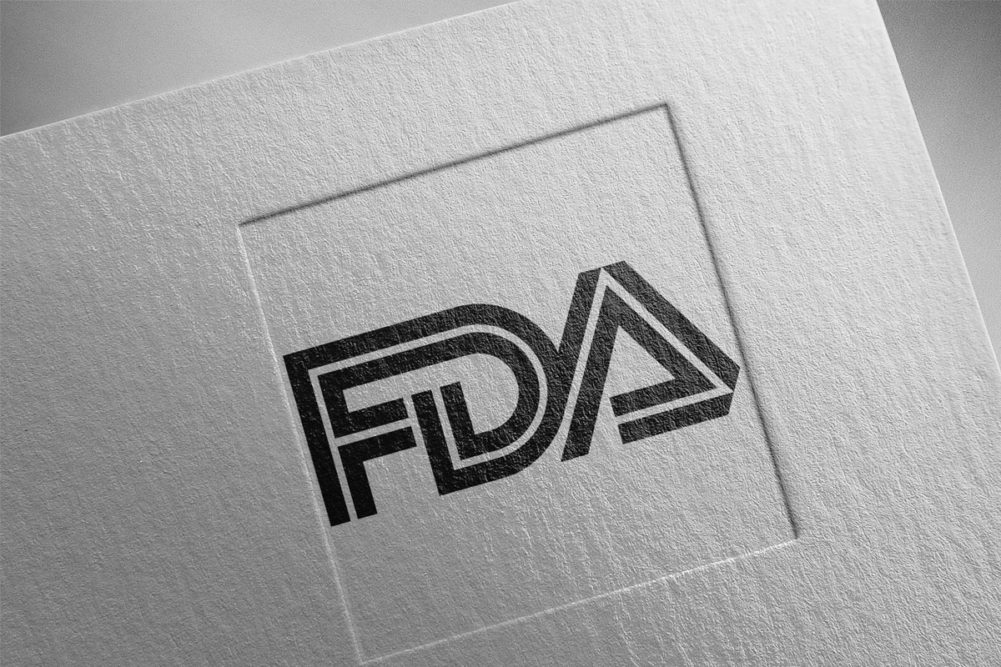
KANSAS CITY — “Mission creep” defines the quandary facing the US Food and Drug Administration. The agency’s mission has grown over the decades as both the food and drug industries have become more global, fragmented and complex, and it is now nearly impossible for the FDA to achieve its myriad mandates. Plans for change at the agency must address this uncomfortable yet obvious fact.
Amid this summer’s infant formula shortage, the Reagan-Udall Foundation was asked to convene an independent expert panel to evaluate the FDA human foods program with the goal of strengthening the agency. The panel published its findings this month and made a series of recommendations, including either creating separate agencies within the Department of Health and Human Services to oversee food and drugs, separating the food and drug arms within the FDA or establishing a new deputy commissioner position with authority over the agency’s food regulation responsibilities.
These suggestions may be appropriate, but more fundamental change are needed if the FDA is to successfully fulfill its mandate to ensure the safety of the nation’s food supply. The purpose of the FDA’s foods programs must be better understood so that an appropriate structure supports the agency and its goals. The Reagan-Udall report alludes to this need when it says, “Most often, it is assumed that the FDA human foods program consists of the Center for Food Safety and Applied Nutrition, Office of Food Policy and Response, portions of the Center for Veterinary Medicine, and portions of Office of Regulatory Affairs. As reported by FDA staff, this collection of offices yields a ‘human foods program’ that is an abstract concept with little substantive meaning in the scope of their day-to-day work.”
The reason FDA’s human foods program is an abstract concept is because Congress has layered mandates atop mandates over the years. Most often, these mandates were in response to crises thought to require federal oversight. Unfortunately, steps to ensure a crisis did not recur most often did not account for how the FDA would be affected in the short and long term.
The FDA is responsible for overseeing the safety of 78% of the US human food supply and all animal feed, in addition to promoting good nutrition.
“Never has the role of FDA in oversight been so important and complex,” the report said.
Food safety and nutrition education and guidance are two separate and distinct functions, and each deserves attention. Embedding both within a single regulatory agency means neither will receive the attention they require.
The Reagan-Udall report makes several recommendations for improving the operations and efficiency of the FDA, including broader data reporting and sharing authorities, a “substantial” funding increase, the granting of new authorities to suspend food facility registrations, civil money penalties for some violations, the ability to allow the agency to use a progressive enforcement strategy and others. Each recommendation is warranted but falls into the trap of adding new mandates and responsibilities on top of older ones.
The food and beverage industry has undergone dramatic change during the past 30 years, and repeating the same initiatives will not help the FDA succeed. Change is hard, but in this case it is imperative so consumers do not lose faith in food safety or the agency responsible for ensuring it.





